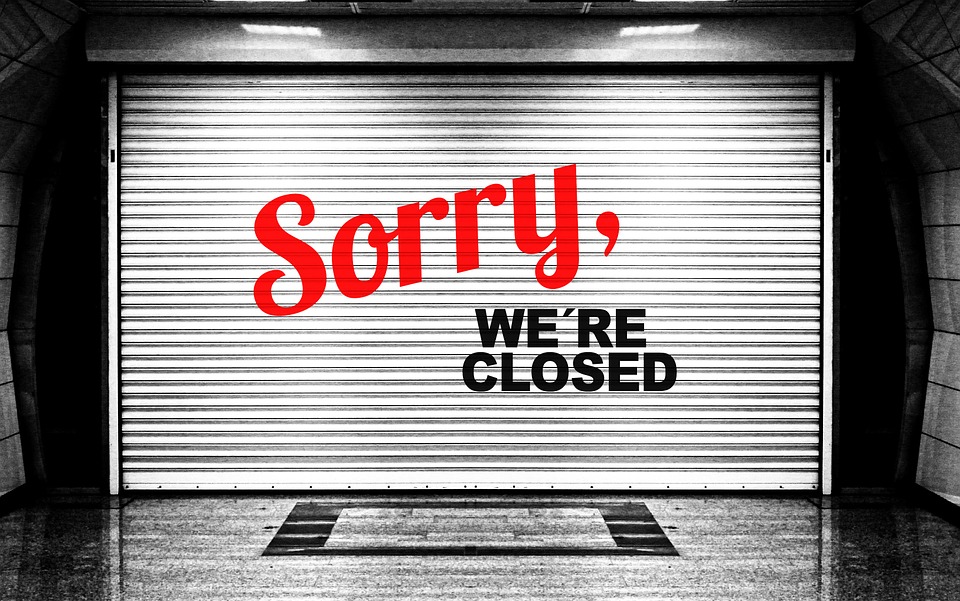What if my debt management company stops trading?
The debt solutions industry has seen some radical, Financial Conduct Authority (FCA) enforced changes to regulation come into place since 1st April 2014. Some commercial debt management companies will no longer be authorised to offer debt management plans (DMPs) or advice.
In this guide we will explain what is happening in the industry and what to do if your debt management company stops trading.
Does your debt management company pass the test?
If you are a customer of a company that has been told it can’t carry on, your debt solutions company will no longer be able to distribute your debt management plan payments on your behalf. You should have had a letter from your plan operator informing you of this. Failing that, you should be contacted by the FCA, who will outline your options and the actions you should take.
If you are worried that your plan provider has been affected, you should call them immediately to find out. Failing that, check out the FCA’s consumer credit register. Search for them there and look for their permission status. If they appear as either “Interim permission issued” or “fully authorised” you don’t need to worry. Otherwise, read on.
As a matter of urgency you should act now to make sure you’re staying on top of your debt and not getting further into the red.
Why is this happening?
The Government has changed the way in which debt management firms are regulated. The body that was responsible (the Office of Fair Trading) has been shut down and the FCA has taken over. The FCA was set up by the Government to make sure that all firms it regulates are meeting the required standards it has laid out. The FCA is now checking all firms to make sure they are applying its principles and treating their customers fairly.
They have done this by asking them to apply for authorisation. Some firms have simply chosen not to apply, meaning they are no longer allowed to offer debt advice or debt management plans. Some have now been examined by FCA and found wanting – they are having their permission revoked and can no longer operate debt management plans. Please note that the FCA do not regulate Individual Voluntary Arrangements (IVA) and anyone in an IVA need not worry about this.
Who should I contact first?
Acting quickly is vital, however, you have plenty of options so there is no cause for panic. Contact a debt advice provider, either from the fee charging sector or from the free sector (Money Advice Service will put you in touch) about your circumstances as soon as possible.
They will talk you through all your options and help to point you back in the right direction. Remember there may be several possible solutions on offer and the final choice will be down to you – make sure you understand all the consequences of your choice.
Should I cancel my direct debit?
If you have been notified to say your debt management company has closed, you should cancel your regular payment – be that a direct debit or standing order – immediately. A debt advisor will be able to advise you best on the best way to continue with your debt repayments.
Do I still owe money?
Yes. When a debt management company closes down it doesn’t change the amount you owe to your creditors. It is important you get some advice from a debt advisor as quickly as possible so they can help advise you on the best way to carry on with your payments and address the debt that you owe.
What happens to the money I have already paid?
Any money you have paid should have already been sent to your creditors (minus any agreed fees due) towards reducing your debt. Be aware that the debt that you owe may have incurred interest charges and may not have reduced as significantly as you thought. It is vital to get advice from a debt advisor as soon as possible so you can work out what you still owe and find the best possible solution for your circumstances.
Will the creditors I owe money to start contacting me again?
The people you owe money to are likely to contact you. They should be sympathetic if you act quickly and their primary concern should be that you find an alternative advice provider. They should provide you with a period of forbearance (often 60 days). This means they should take no further action for a limited time and give you time to seek advice from a debt advisor and take action.
It is important to act as quickly as possible. If you don’t, your creditors will get back in touch with you and expect you to start making payments directly to them.
Help and advice is just around the corner
If the worst comes to the worst and your debt management company ceases trading, there is no cause for panic. There are many reputable organisations that can help you keep your payments on track. Your debt management company will contact you to make you aware, as well as the FCA. The most important thing to remember is to act fast!



